
Entering the spring crop this year, the women of Chau Tien Commune (Quy Chau) have established labor exchange groups, each group consists of 4-5 households in the village. Accordingly, each household has at least 1 laborer participating, they help each other from land preparation to rice seedling and transplanting.
Ms. Vi Thi Hong Quynh, a resident of Ban village, Chau Tien commune, said: “Our labor exchange group consists of 3 families, all related by blood. We help each other in turns from one house to another. For example, today, 3 women in the group who know how to plant rice will focus on planting for one house, while 3 men who know how to plow and harrow will focus on preparing the land for another house. It will continue like this until all the families in the village have completed the planting and harvesting work in time for the harvest season.”
Not only in Ban village, this labor exchange model is quite popular in Chau Tien as well as other localities in Quy Chau. During the planting season, there are always 3-5 people on the fields. Some dig seedlings, some spread seedlings, some plant… thanks to that, it only takes 1 session to finish the field.

Ms. Lo Thi Huyen, a resident of Ke Le village, Chau Hoi commune, said: "In the village, all the children are now working far away, there are not many young workers left. Therefore, families in the village have to help each other to get by quickly."
If in previous years, during the spring rice planting season, at this time, Ms. Dinh Thi Anh (Tuong Dinh Village, Dai Dong Commune, Thanh Chuong) had to run around to hire people to plant rice. This year, she just gave birth and could not handle the farming work, so her husband, Mr. Le Van Son, joined the labor exchange group in the village. He does not know how to plant rice, but he knows how to plow, harrow, spread fertilizer, and scoop rice seedlings, so he exchanged labor with other families so they could plant rice for his family. Thanks to that, up to now, his 4 sao of rice fields have been planted.

Mr. Son said: “My wife just gave birth, the family is short of people, hiring workers to plant 4 sao also costs millions. Besides, near Tet, hiring workers to plant is not easy; workers work by the day, on a contract basis, so sometimes they do it carelessly, planting incorrectly. Thanks to the exchange of workers, the fields are planted on time, ensuring the technique and saving production costs.”
The current model of exchanging labor for planting is not only popular in mountainous areas but also widely replicated in lowland districts. "Farming in the right time", therefore, to keep up with the crop schedule, racing for irrigation water, taking advantage of warm weather while rural labor is increasingly lacking.

“The family has 5 sao of rice fields, all the children work far away, only the old couple. One year, the fields were plowed and harrowed, and all that was left was to plant. However, we could not find any workers to hire, the water dried up, the fields were dry, the rice seedlings were old… This year, thanks to the labor exchange group, we took turns helping each other and did not have to depend on the planters,” said Mr. Tran Dinh Niem (Tien Quanh hamlet, Dong Van commune, Thanh Chuong).
This year, Tan Son commune (Do Luong) planted nearly 300 hectares of rice, of which about 50% were direct sown, the rest were sown and planted rice. To save production costs, households in the hamlet and commune exchanged labor with each other. Only a few households had little labor, or were busy with business and trade, so they had to hire workers from neighboring communes.
Ms. Hoang Thi Thuy, Hamlet 1, Tan Son Commune said: "In the Spring crop of 2024, my family planted 5 sao. The cost of renting a plow is 700,000 VND, in addition to fertilizer and pesticides. And if we hire 2 people to plant, it will cost 800,000 VND. This year, thanks to the labor exchange, we saved nearly half of the cost."

Rice cultivation is still the mainstay in many localities in the province, ensuring both food security and economic development. However, due to workers going to work far away, many localities experience a labor shortage during the crop season, especially during the transplanting season. People choosing to exchange labor with each other not only ensures the crop schedule, but also helps reduce production costs, and creates solidarity and cohesion among households in the community.
Mr. Le My Trang - Director of the Agricultural Service Center of Quy Chau district said: "Transplanting for labor is an effective solution in agricultural production in many localities. In addition to saving production costs, it is important that the planting season is timely and synchronized. It helps to care for the rice plants to grow synchronously, and disease prevention is also more effective."
Source



![[Photo] Panorama of the 2025 Community Action Awards Final Round](https://vphoto.vietnam.vn/thumb/1200x675/vietnam/resource/IMAGE/2025/11/15/1763206932975_chi-7868-jpg.webp)


![[Photo] General Secretary To Lam receives Vice President of Luxshare-ICT Group (China)](https://vphoto.vietnam.vn/thumb/1200x675/vietnam/resource/IMAGE/2025/11/15/1763211137119_a1-bnd-7809-8939-jpg.webp)
![[Photo] Prime Minister Pham Minh Chinh meets with representatives of outstanding teachers](https://vphoto.vietnam.vn/thumb/1200x675/vietnam/resource/IMAGE/2025/11/15/1763215934276_dsc-0578-jpg.webp)





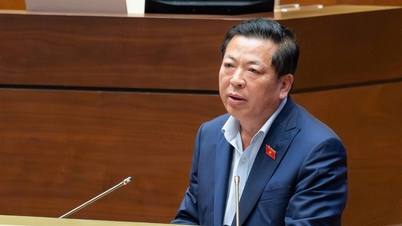
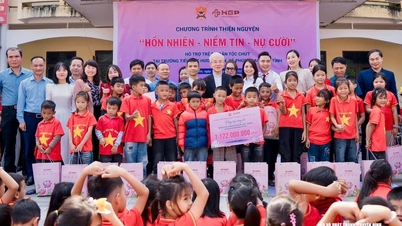









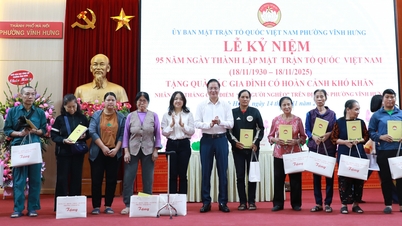
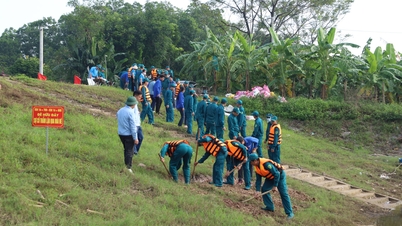




































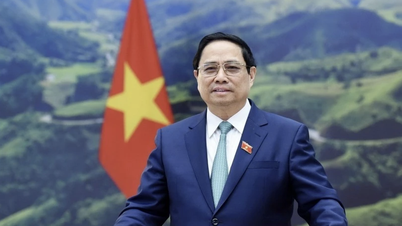















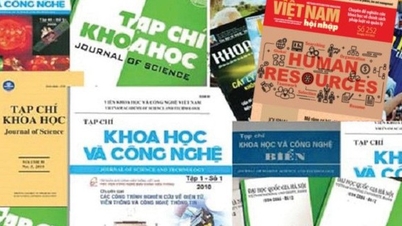
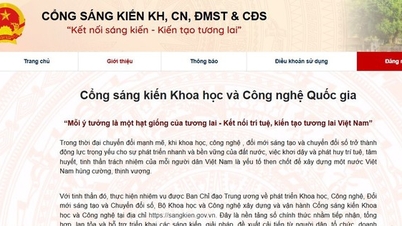
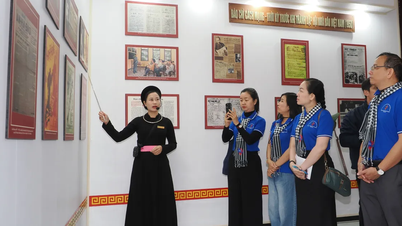





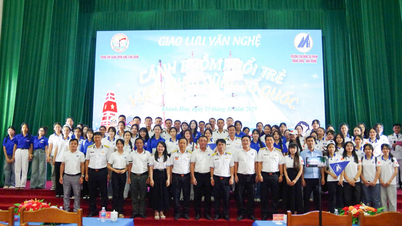











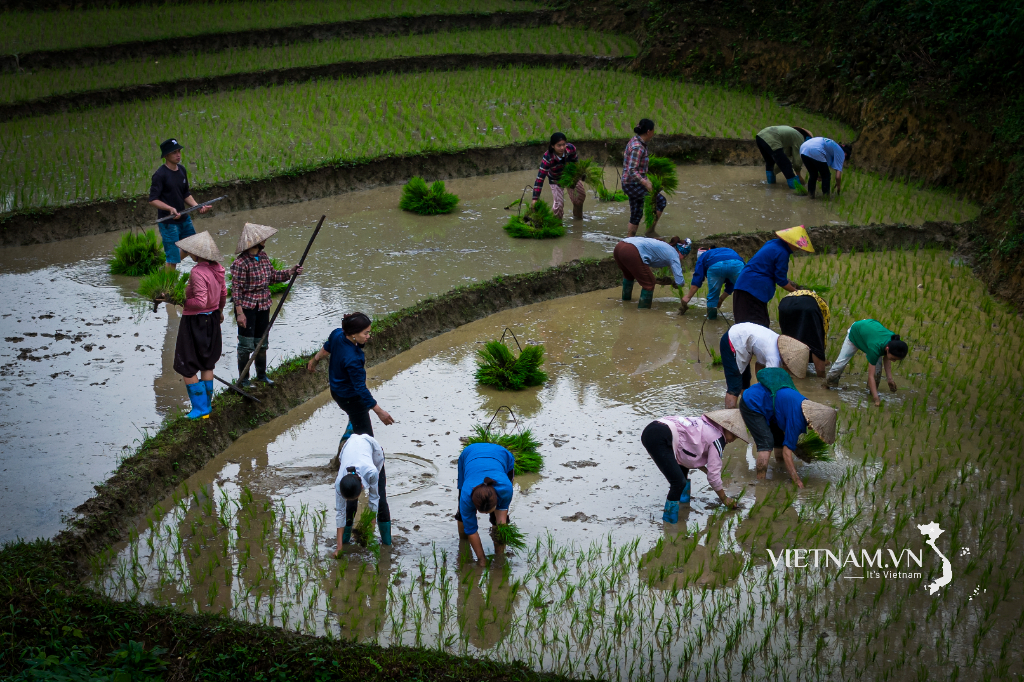
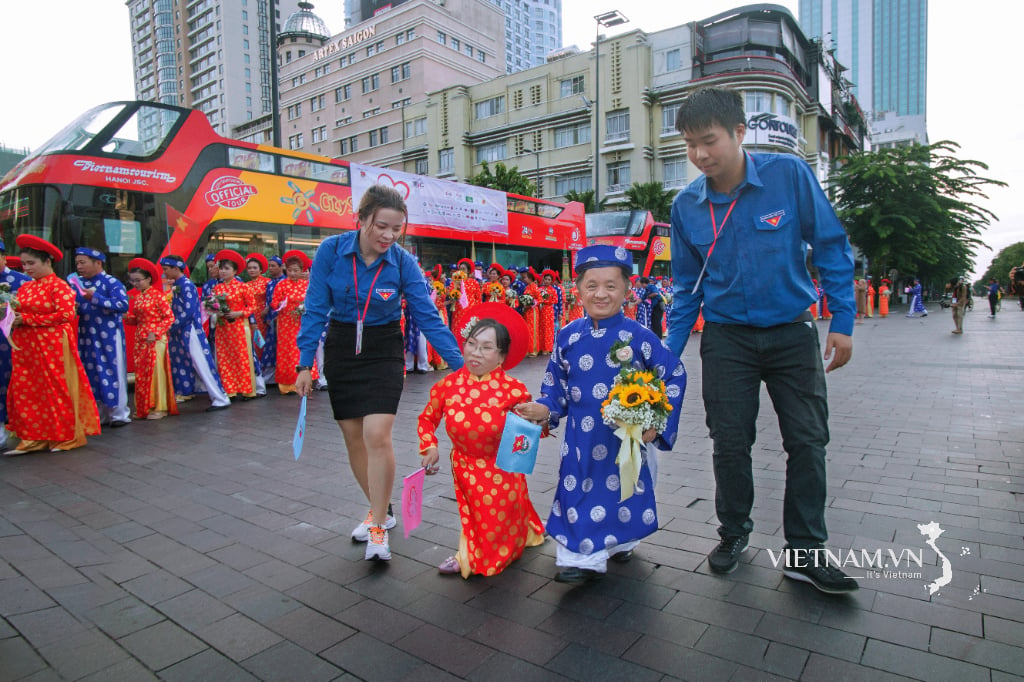
Comment (0)